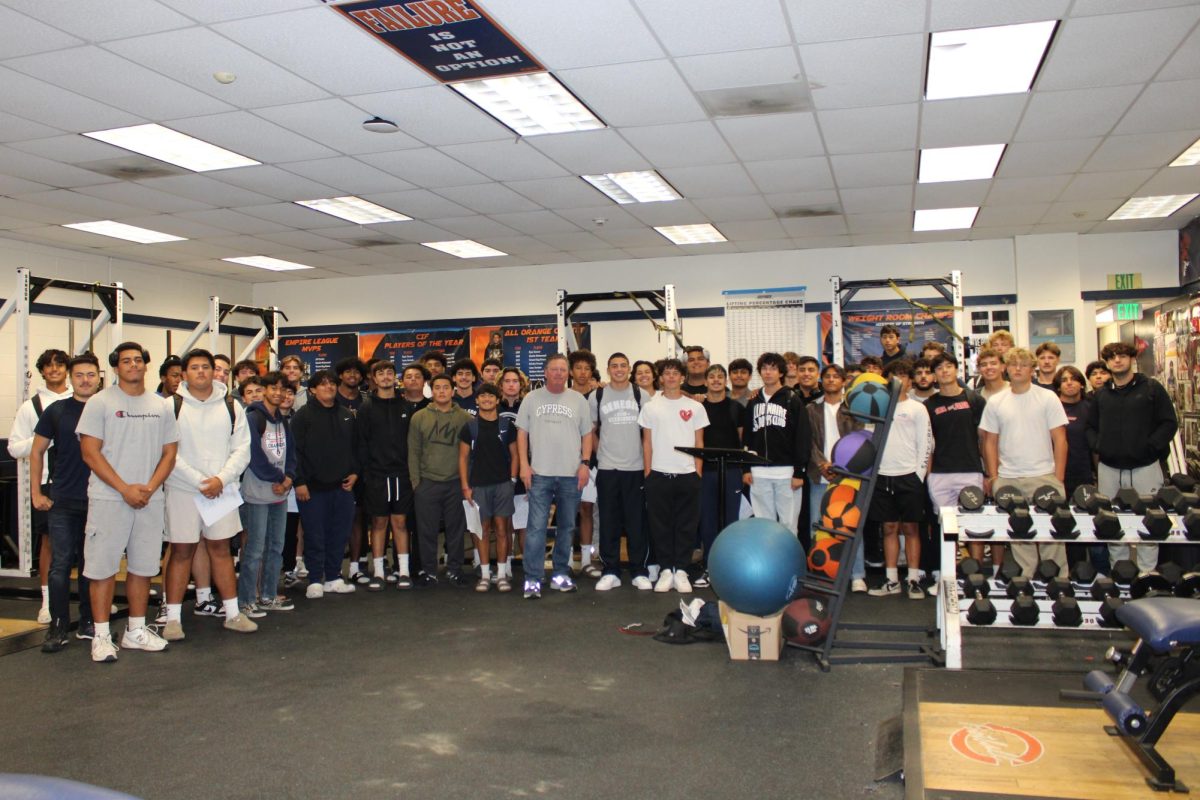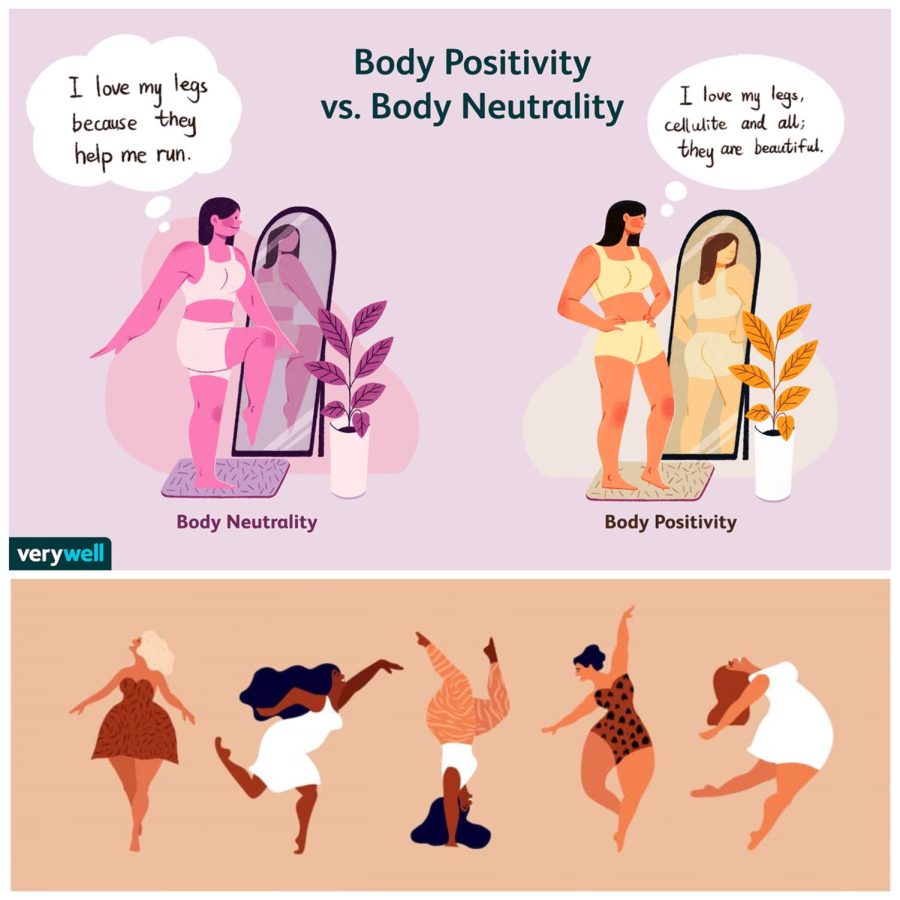The Body Is An Instrument, Not An Ornament
January 18, 2023
One doesn’t have to be a social media guru to notice the emphasis that media has on body positivity. “Everyone’s body is beautiful” is a message seen in ads, social media campaigns, and even self-help columns. Body positivity emphasizes that all bodies are beautiful, fat or small, blemished or wrinkled.
However, this notion still insinuates the significance of being attractive. A new evolving mindset has been taking place in the social sphere: body neutrality. Body neutrality takes on a neutral stance toward accepting body image by taking away one’s self-worth from their physical appearance entirely. A stomach is good not because it is flat or muscular; it is good because it has a purpose: it digests food and keeps us alive.
“Loving your body isn’t believing it looks good. It’s knowing your body is good regardless of how it looks.” This is how life coach Amy Lee defines the concept of body neutrality in her video My body is not my worth • Body Neutrality.”
One’s body does not have value because it is beautiful, but rather because it is a body that nourishes and takes care of the self.
Olivia Sun, a YouTube video essayist who analyzes media patterns in the social sphere, helps define the difference between body positivity and body neutrality. “Body neutrality focuses on bodies as an instrument rather than an ornament,” she says in a video essay breaking down this growing concept. “It shifts the attention from appearance to function. It preaches respect for your body in the way it allows you to move and experience life. It’s about accepting your body as a body.”
Though body positivity has had its impacts on insecure bodies everywhere, body neutrality is a concept that may resonate more with those who have trouble accepting their bodies. This new breakthrough in radical self-acceptance can bring larger inclusion to those who feel troubled in their own skin, and may hopefully make it easier to love one’s body for who they are.

































